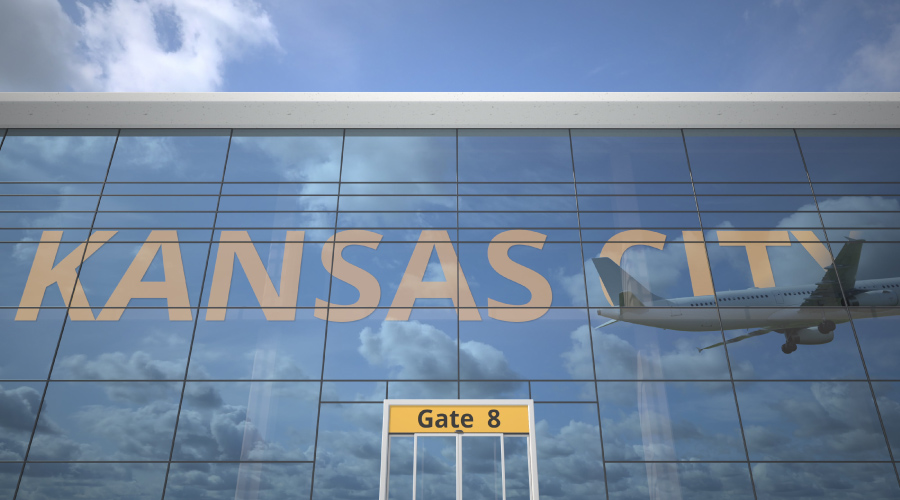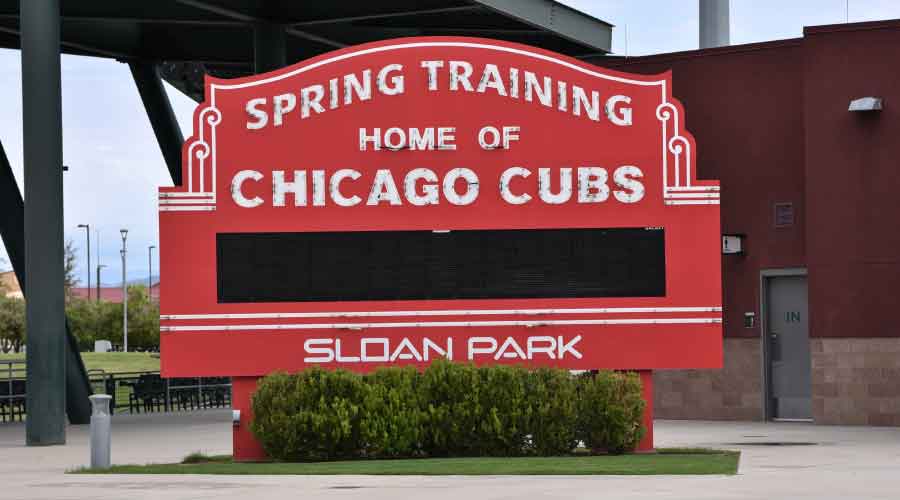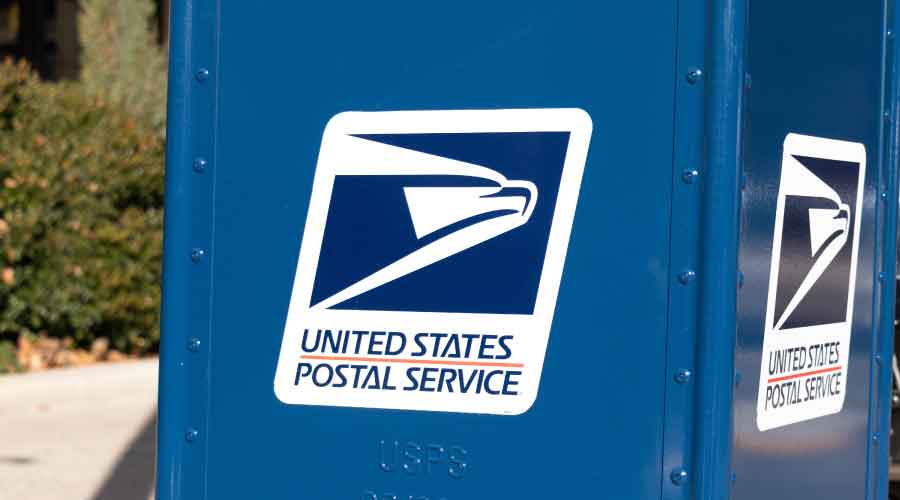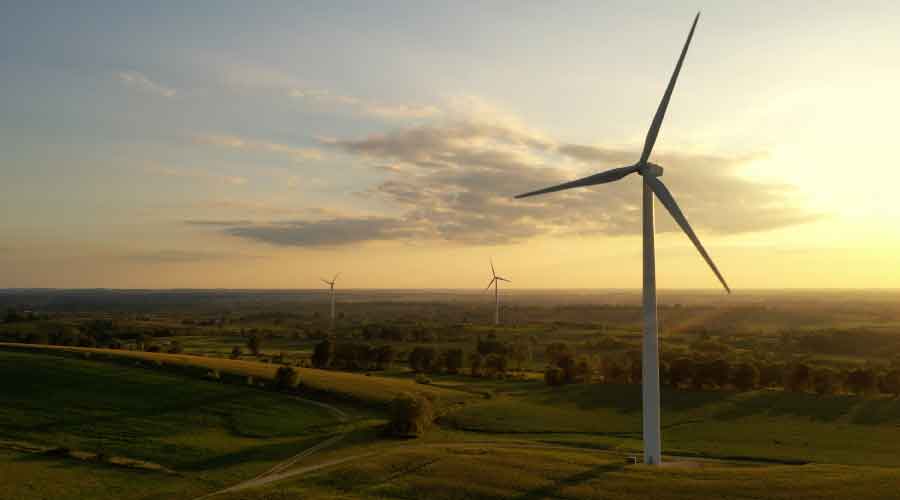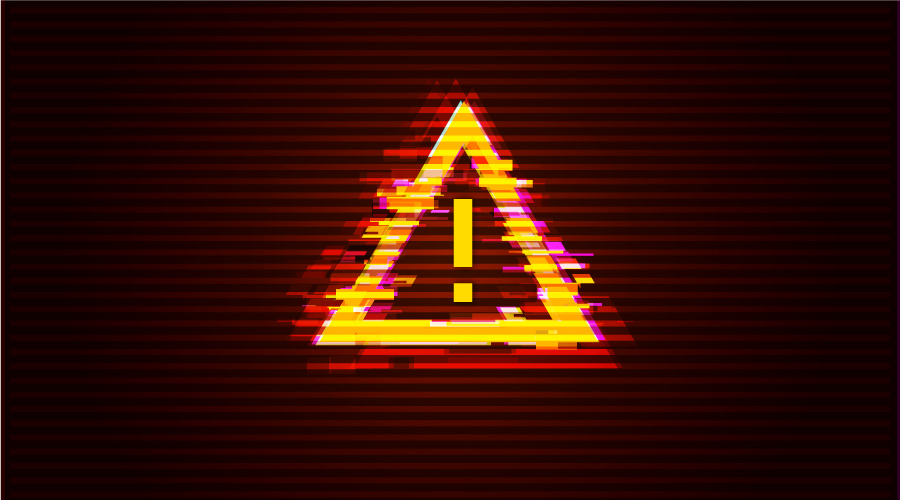
How Can Facility Managers Prepare for Emergency Situations?
Randy Braverman of Facility Engineering Associates explains emergency preparedness. March 9, 2023
By Jeff Wardon, Jr., Assistant Editor
Facility managers may think that emergencies such as natural disasters, fires or active shooters would never happen at their building. However, this should not keep facility managers from preparing themselves and their staff for these dire situations. Doing so can help protect and potentially save lives.
To get a better idea of how facilities can prepare for these unthinkable emergencies, Randy Braverman of Facility Engineering Associates will present “Security and Safety Challenges in Today’s Facilities in 21st Century” at the NFMT trade show this month.
NFMT: What is the role a facility manager plays in an active shooter situation?
Braverman: Well, they are very important because they know the building and they know where everything is at. Facility managers make sure the doors are locked properly and make sure that their employees are training according to the plans. They also need to ensure the right equipment is available. So, they got to make sure that people know what to do in any type of emergency situations whether it be an active shooter, a fire or shelter in place. They need to understand what the plan is and how to tell employees what the plan is.
Since facility managers know the building, they need to make sure their plan is okay and legal. For example, making sure that they are not lacking an exit. People need to know where their exit area is. So, facility managers have to make sure that there is nothing blocking exit areas or anything like that. I have seen some facilities where they have chains on the exit door as well. That is illegal, they cannot do that. Facility managers must make sure that they understand what the code says.
NFMT: What can facilities do to prepare for these situations?
Braverman: So, one big thing is training. It is making sure that facilities train their staff on what to do in an active shooter situation. Communication is another one of the most important things. Say an employee has communications with a manager. If they are in their room talking to the manager and they do not know there is an active shooter, they could just walk out and get hurt. So, facilities have to make sure to communicate with people in the building.
NFMT: Do different facility types (like retail, commercial, or religious) require different measures from each other?
Braverman: Well, the problem is that some religious buildings are open atmosphere, similar to retail. It is not like having a hospital where maybe you could restrict some areas. You have to be trained in security awareness. If you have an open atmosphere and people are coming into it, whatever the case may be, people should be trained on what are they looking for.
For example, there could be a person carrying a big jacket and it is 90 degrees out. Why is this person doing that? Is someone making a suspicious motion? This person is looking around nervously. All of those are good factors to consider because employees then question: ‘Hey, what's going on here?’ Maybe there's something going on that they have to look into it.
You also got to make sure that the people can have a locked area within those open atmospheres. In the case someone does come in and try to attack, people could get to a room where they can lock down. This is because we do not just want to say you could only run. We want to have different options. So, that is why it is important if you have an open atmosphere, people are trained in security awareness.
NFMT: How effective are emergency preparedness plans and drills in preparing people for the actual event?
Braverman: When you are in an emergency situation, you go back to the last trainings you had. So, when we do training and we have emergency plans, we have to know those plans and be trained properly. Otherwise, if you have bad training, you are going to go back to that training you had because you're thinking: ‘What I should do?’ If it is bad training, you could be harmed or killed. It is important to have good emergency plans that everybody knows.
It is important that people are trained on the plan, people know the plan and you drill on the plan to make sure it is a sound plan. When you drill people, they get to understand what they are supposed to be doing. Additionally, it's important to work with the first responders when you are drilling. This way you are working together and having that first responder looking at your plans too.
In a similar way, if you do not have anybody that can write the plans, then get some expertise to what is supposed to be in the plans. You could look at the federal government or local government that has samples, though you still have to cater your plans to your building. Do not take something off the shelf and say that is my plan because it might not be good for your building. Overall, it's very important to have these things.
Register for NFMT Baltimore here.
Jeff Wardon, Jr. Is the assistant editor for the facilities market.
Next
Read next on FacilitiesNet









